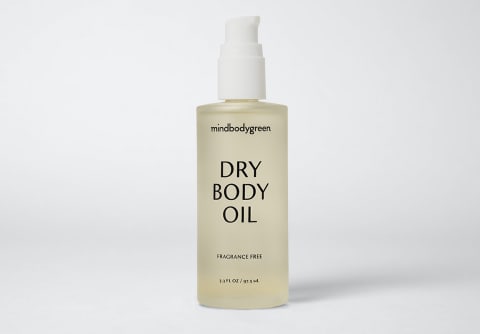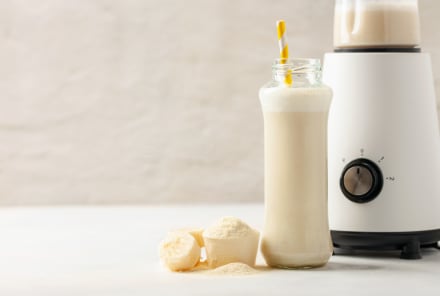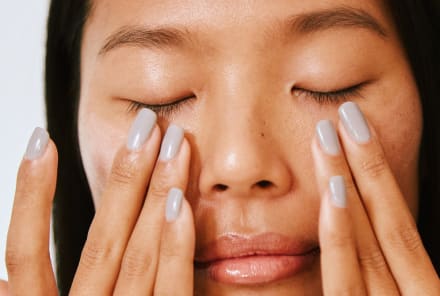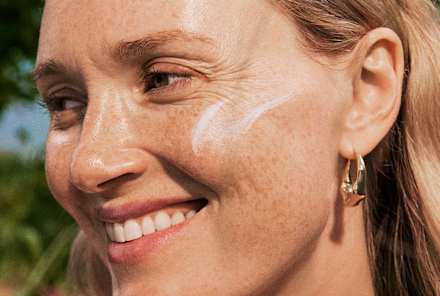Advertisement
Safflower Seed Oil & Collagen Production — The Science Behind The Connection


When we talk about aging skin, much of the discussion circles around collagen—for good reason. The structural protein is what keeps our skin looking firm, lifted, and ultimately, youthful. But like many of the elements of our skin structure, it declines with age.
Our bodies naturally make the protein, but eventually the amount we lose starts outweighing the amount we produce. Collagen decline starts at some point in our 20s (the pivot point is different for everyone and mostly has to do with genetics and lifestyle) and then continues at about a 1% drop every year1 thereafter. This can be exacerbated by environmental and lifestyle factors such as diet, sun exposure, stress, and so on.
The good news is that there are plenty of ways to support and protect your collagen—including this underrated oil, research says.
How safflower seed oil protects your collagen layer
Safflower seed oil is a botanical oil rich in antioxidants and omega fatty acids 3, 6, and 9. The texture of the liquid is thinner, silky, and very spreadable—which makes it ideal for many kinds of skin care products, including hair, face, and body oils.
It also contains a very special active compound called acacetin, a flavonoid. A 2020 study found that safflower seed oil and this compound can reduce damage caused by UVB exposure, specifically blocking damage to collagen.
The research found that acacetin was able to inhibit an enzyme in the skin that's responsible for the "collapse [of] connective proteins such as collagen and elastin, leading to wrinkles." The specific pathway is MMP12, or collagenase-1, which degrades collagen types 1 and 3.
Collagen types 1 and 3 are the most abundant in the skin and the most critical for skin health. Essentially UVB rays stimulate an enzyme in the skin's epidermal and dermal layers that then breaks down our structural proteins. Read: collagen loss.
However, the acacetin in safflower seed oil was able to block this process. As the study notes, "SSO and its active compound acacetin can regulate MMP-1 expression." In regulating this enzyme, the flavonoid is able to reduce the changes in collagen type 1 and type 3 breakdown.
This research is impressive, to say the least, and makes a strong case for looking for safflower seed oil in your products. mindbodygreen's dry body oil uses an organic safflower seed oil, alongside sunflower seed oil, squalane, vitamin E, and prickly pear seed oil for a robust, antioxidant-rich body oil that supports your skin barrier.
However, I'd be remiss not to share this warning: The most important thing you can do for your skin and your collagen layer is to wear sunscreen daily and be smart about your choices when outside (wear protective accessories like hats, and don't sunbathe for sport). UV-induced sun damage is the No. 1 cause of collagen decline3. No matter what you do elsewhere in your routine, it won't matter if you're not protecting your skin from UV rays.
The takeaway
If you want younger-looking, healthy skin, finding products that support your collagen is important. There are many options to look into, such as sunscreen, retinol, and vitamin C. We also recommend looking for safflower seed oil in your products, as it can help stop the collagen breakdown process. Read up on more ways to naturally boost your collagen production.



















